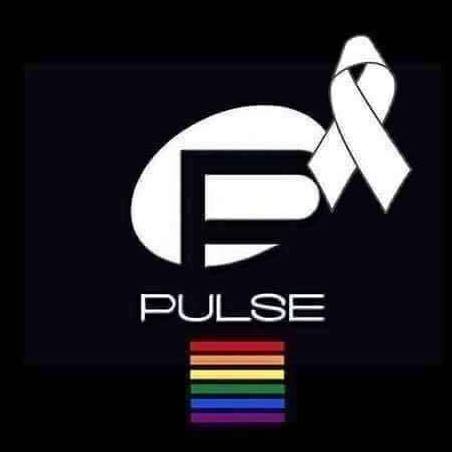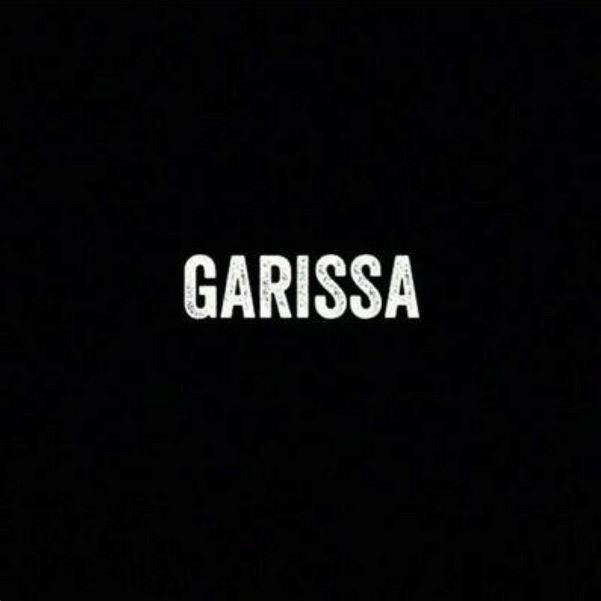
“That you would not have done this dire massacre on your honour”
Ben Jonson, Volpone
Last April, in response to the massacre at Garissa, we quoted, in full, Shailja Petal’s poem, “Garissa.”
Garissa
the morning after a massacre
a country wakes nauseous
no food stays down
no chai comforts
on the roads
they drag crosses
blood is given
blood invoked
blood sanctified
blood is our national language
on TV the men
talk blood and markets
tears
stay out of the newsrooms
there will be more killing
there will always be
more killing
a state will punish survivors
with pogroms
an army will terrorize
the terrrorized, traumatize
the traumatized
the merchants of war
have already moved on
to the next transaction
the death-profiteers spent the night
reviewing cost-benefit reports
a country stares at its amputation stumps
the morning after a massacre
Then in May, we wrote of the factory massacre of women workers in the Philippines; in July the massacre of women and children by the Mexican army and the massacre of women in Khayelitsha, in South Africa, and Mymensingh, in India; and in February the massacre of prisoners in Topo Chico Prison, in Mexico. We wrote of massacres before and there were massacres we did not address since.
This is the age of massacre; we are the ones who have built a global slaughterhouse in a period that is formally at peace. We move furiously and quickly back to the root of our violence, calling it progress or destiny. And today we are in Orlando, wherever we are, afraid to read, listen, watch, as the numbers of lost human lives rises.
“For I must talk of murders, rapes, and massacres,
Acts of black night, abominable deeds,
Complots of mischief, treason, villanies
Ruthful to hear, yet piteously perform’d”
William Shakespeare Titus Andronicus
These reports were once reports of fantastic evil, which now inhabits the everyday. We were meant to know the difference between one massacre and another. We were meant to know the significance of the massacre was its brutal elimination of the humanity of the individuals who were butchered. Now, it’s the massacres themselves that blur.
“We are, I am, you are
by cowardice or courage
the one who find our way
back to this scene
carrying a knife, a camera
a book of myths
in which
our names do not appear.”
Adrienne Rich, “Diving into the Wreck”
By cowardice or courage, there must be more to life than grief, more killing, and the worldwide collective acceptance of reports of tallies and carnage and loss. We must talk of murders, rapes, and massacres, but there must be more than grief.
(Image Credit: Facebook)

